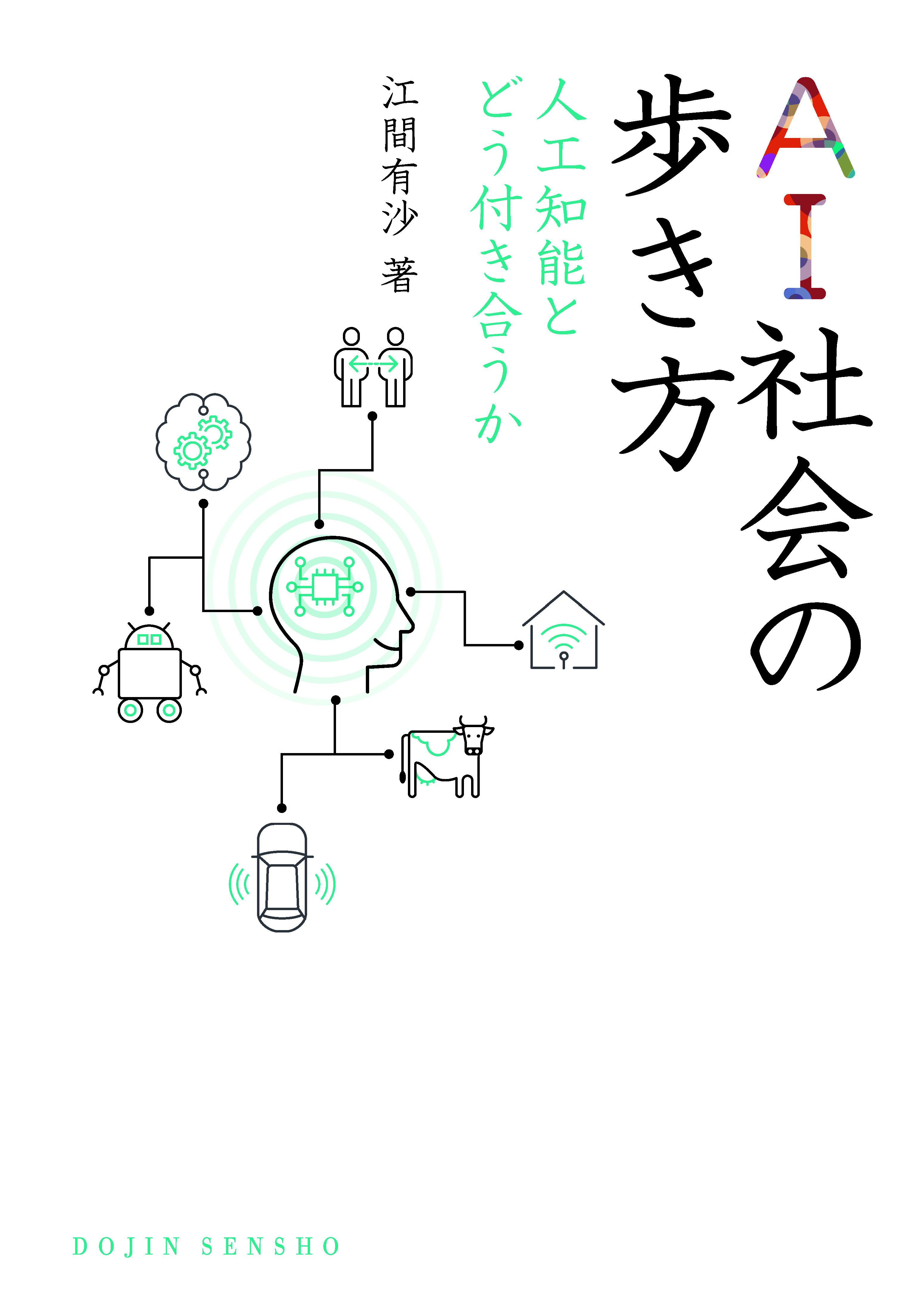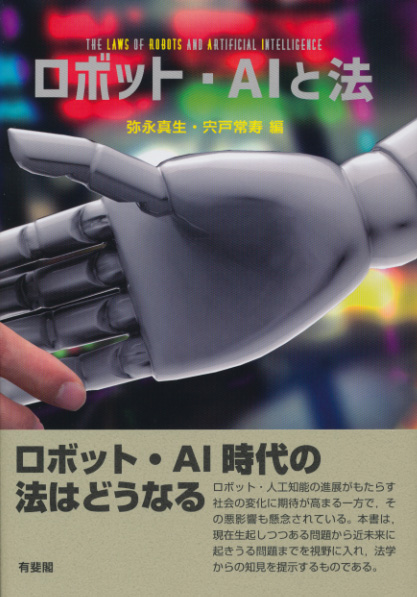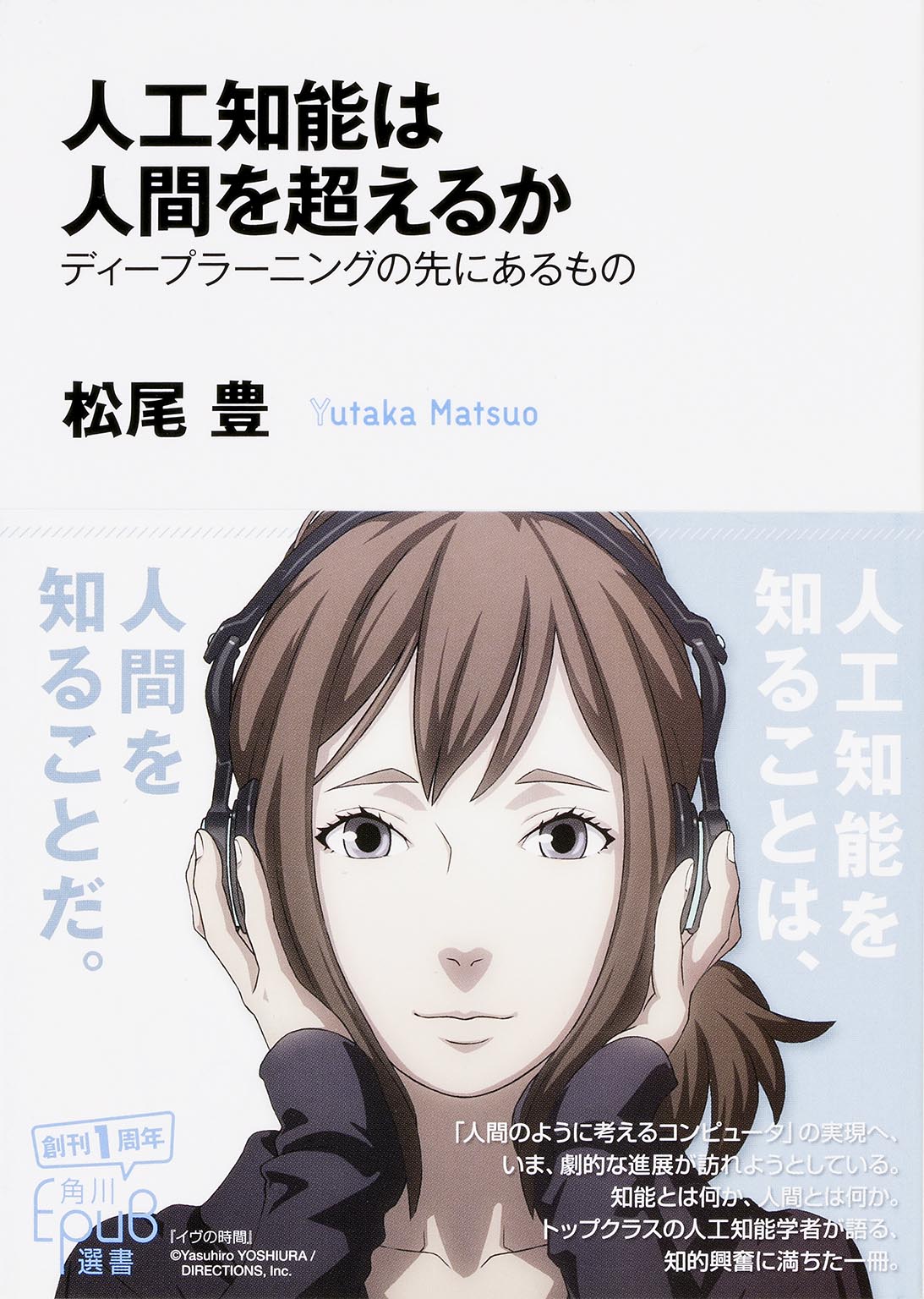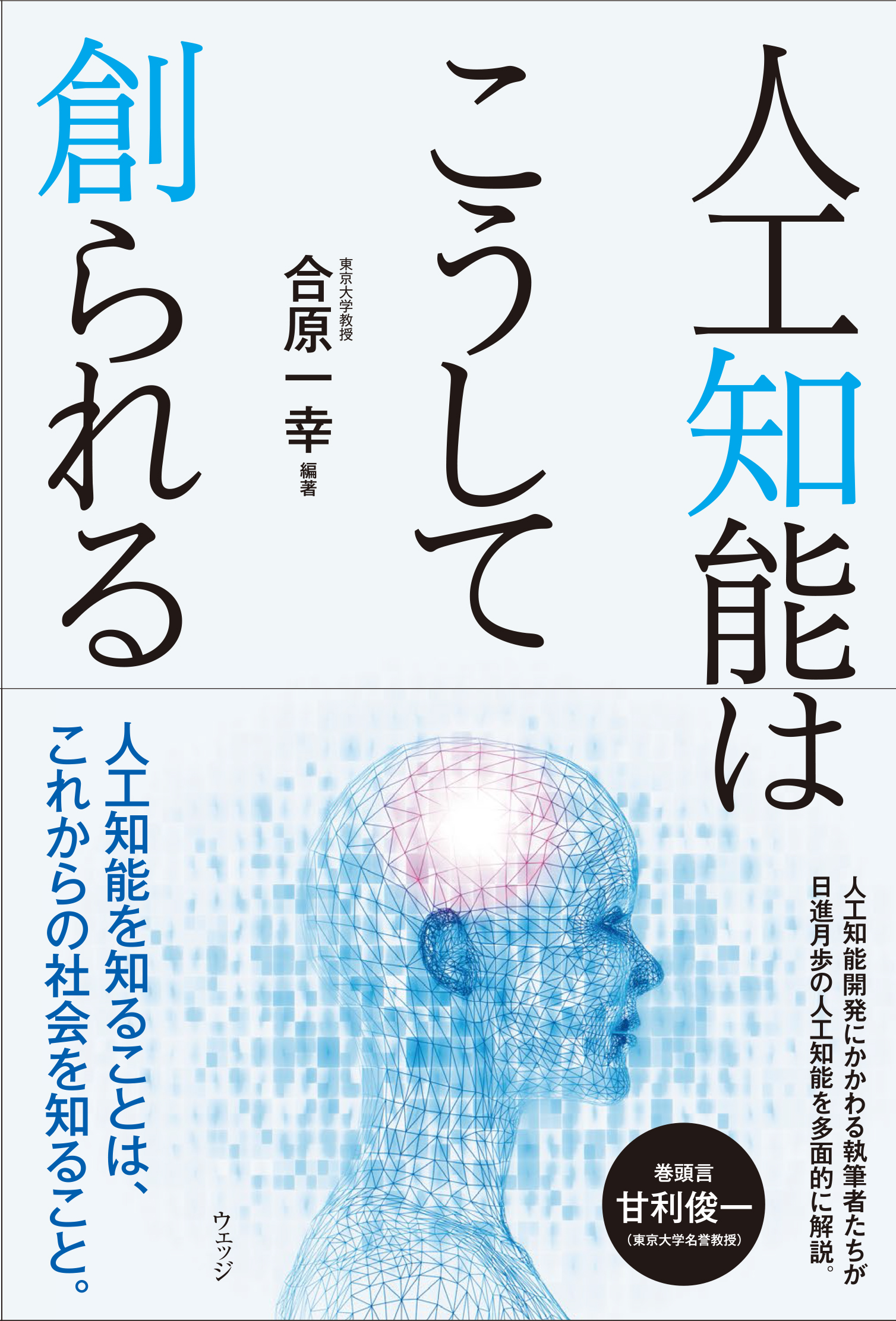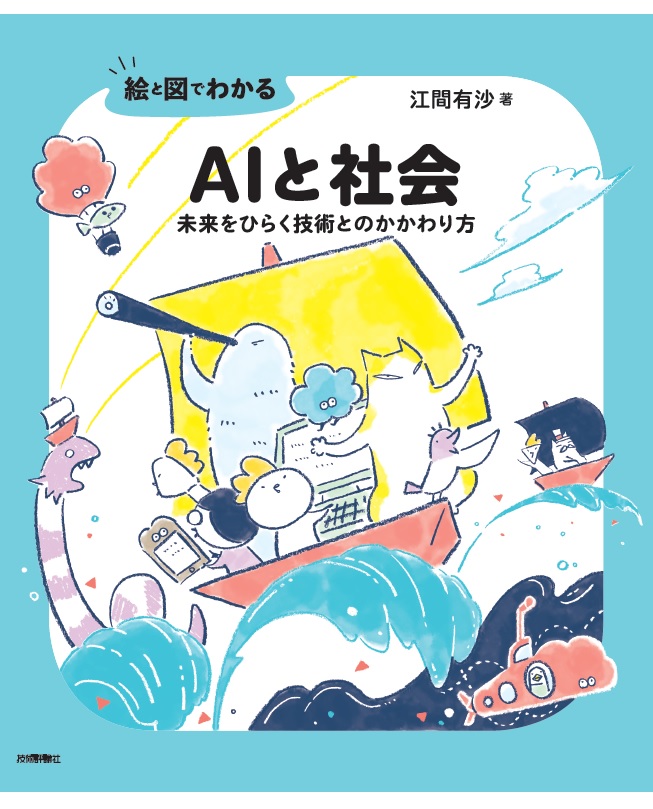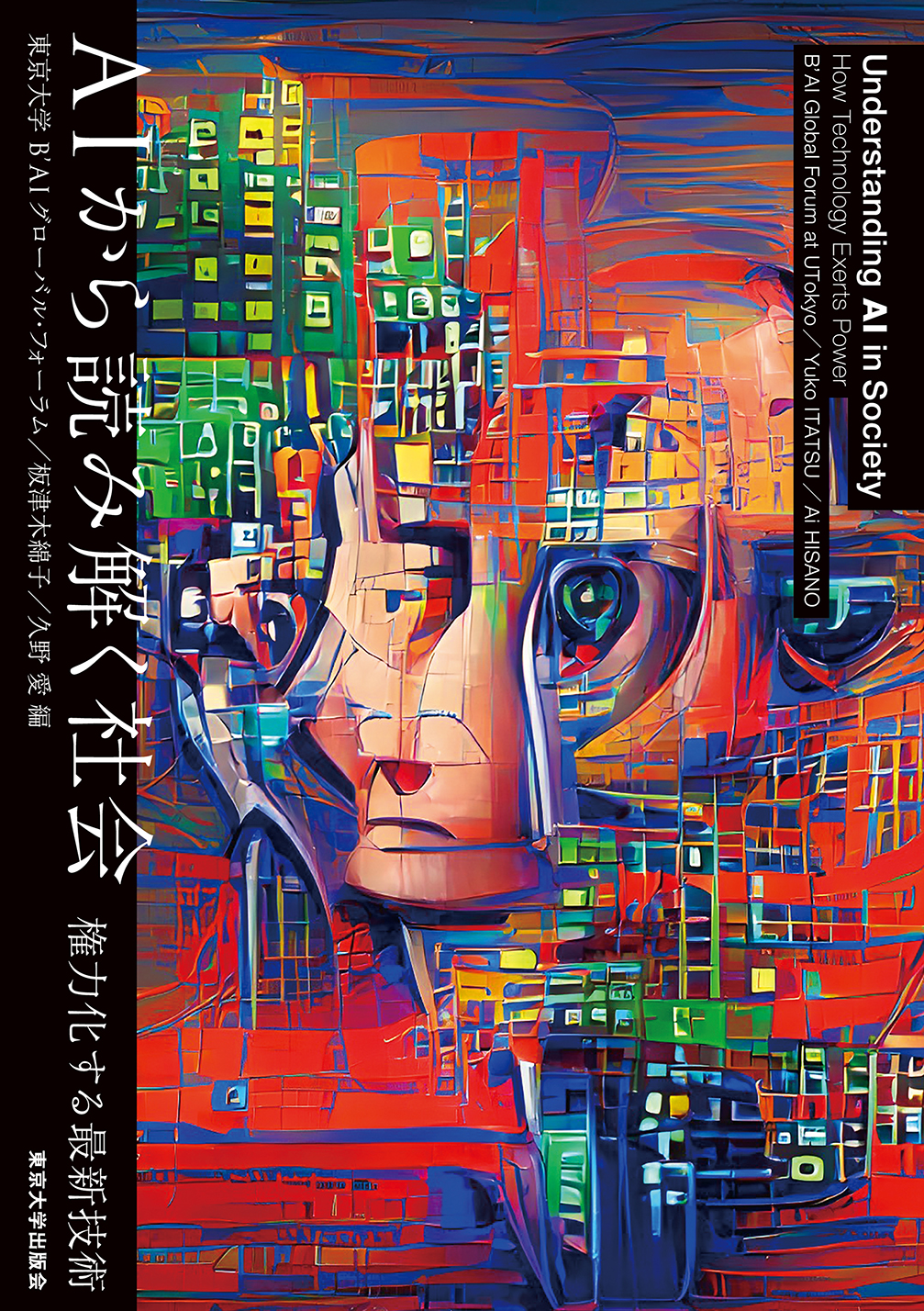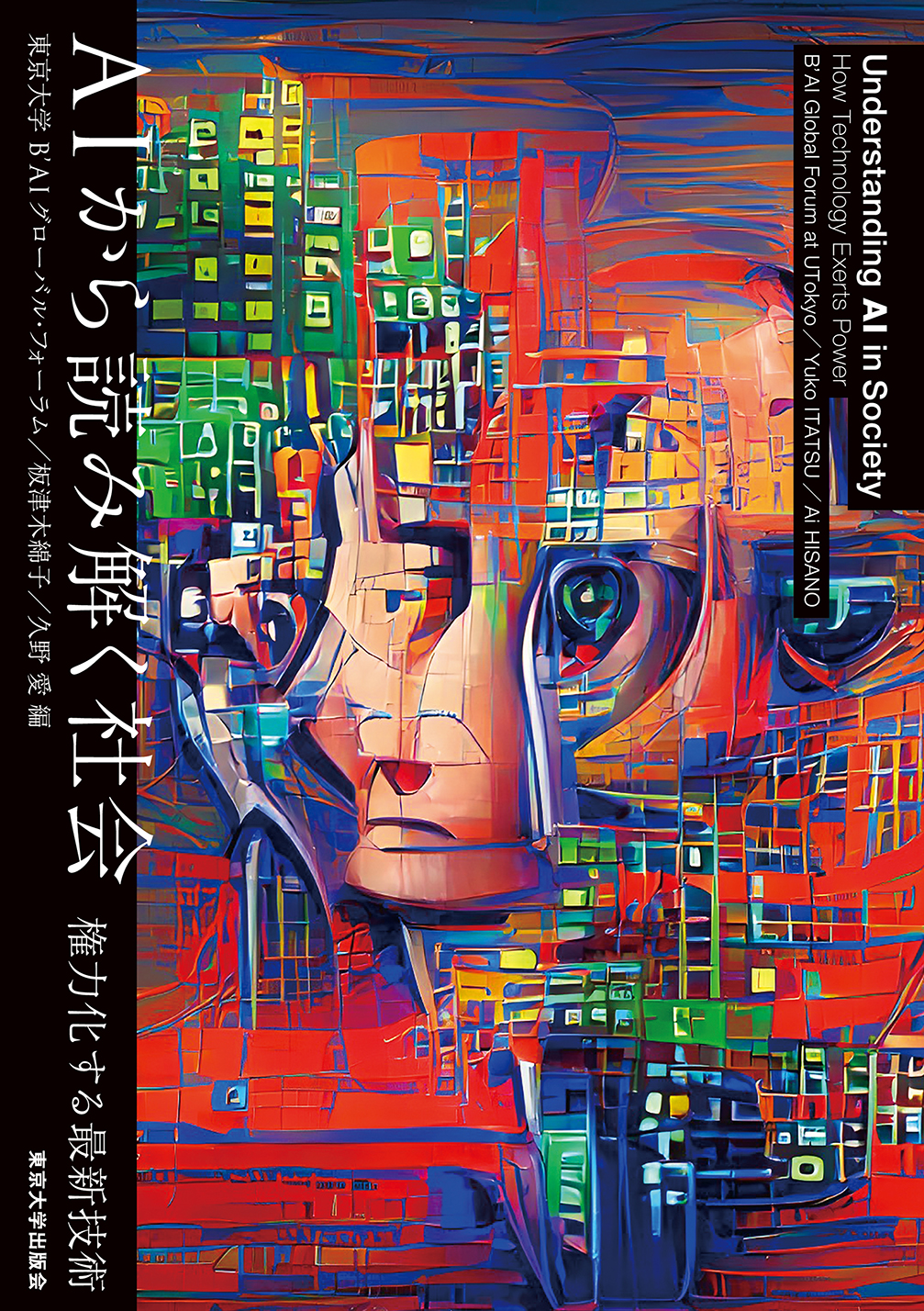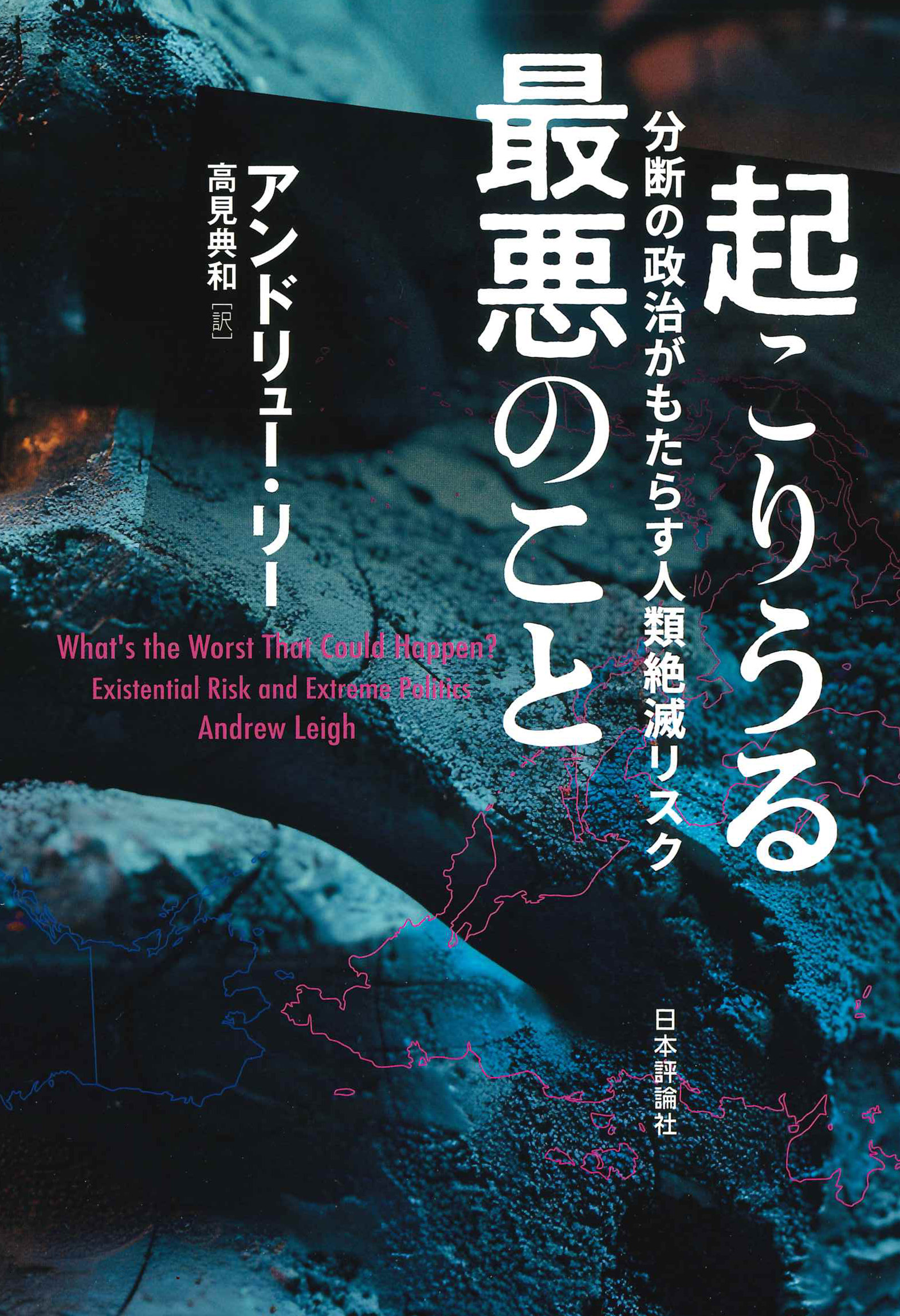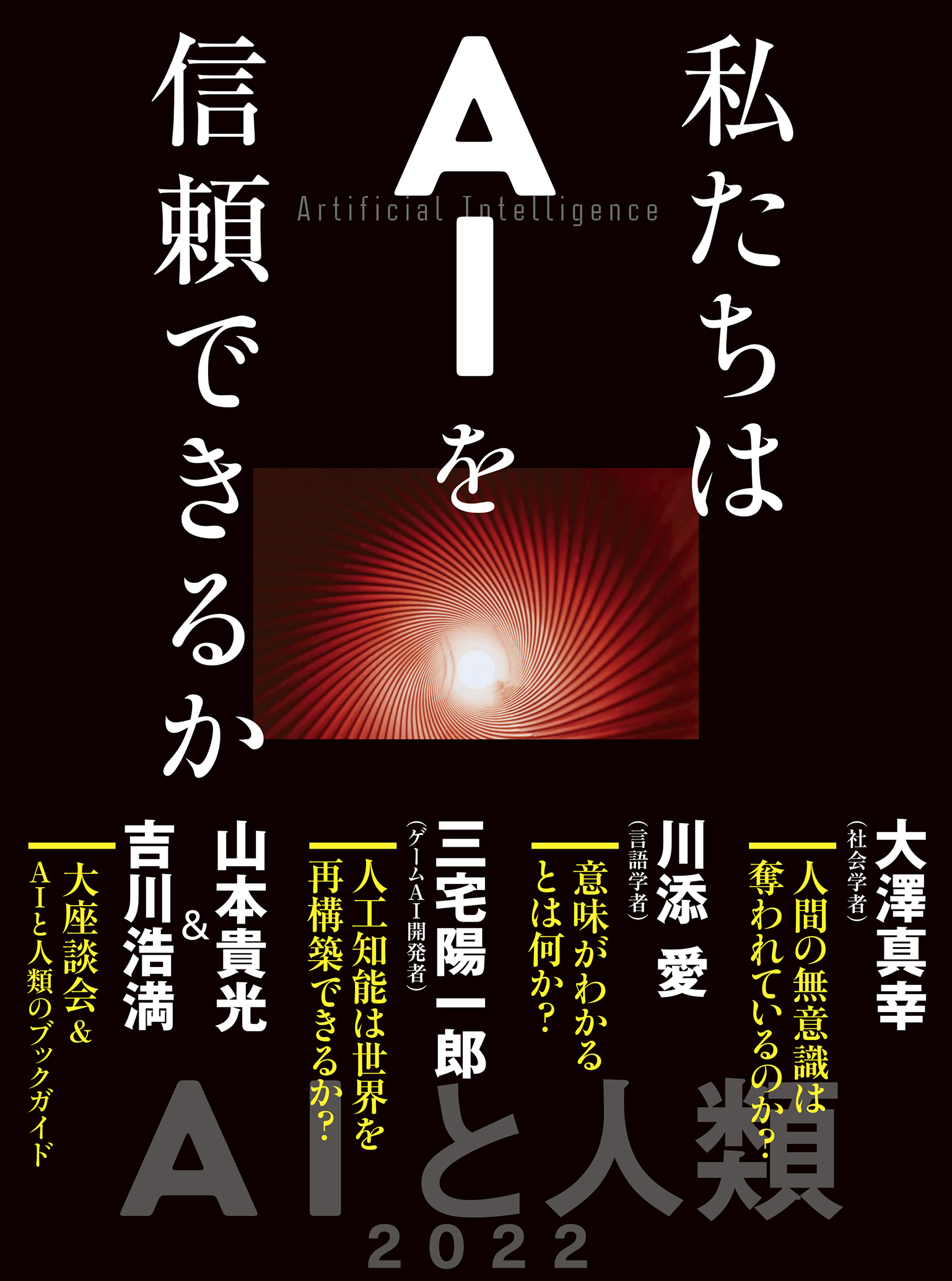
Title
Watashi-tachi wa AI o Shinrai dekiruka? (Can We Trust AI?)
Size
232 pages
Language
Japanese
Released
September 13, 2022
ISBN
978-4-16-391594-4
Published by
Bungeishunju
Book Info
See Book Availability at Library
Japanese Page
This volume compiles individual interviews with Masachi Osawa (sociologist), Ai Kawazoe (linguist), and Miyake (game AI developer), conducted by Takamitsu Yamamoto and Hiromitsu Yoshikawa, known for their extensive work in humanities and sciences, for the magazine Bungakukai. Additionally, the volume includes a record of a roundtable discussion where all participants gathered before the creation of this volume. The theme of the roundtable was “Can We Trust AI?”, aiming to reconsider the relationship between humans and AI as society increasingly relies on AI. Osawa discusses AI’s impact on society on a large historical scale, examining its influence on human and societal values in a capitalist society. Kawazoe addresses what AI learns, its recognition abilities, and its relationship with humans. Miyake highlights the existential value of AI.
The question of whether we can trust AI encompasses two entities: “we (humans)” and “AI (artificial intelligence).” However, our understanding of what constitutes a human being, and even more so, AI, remains incomplete. Humans evolve, and AI evolves faster than humans. In other words, the relationship between humans and AI is continually changing. This evolution in their relationship is what is known as the “singularity,” and it will extend to all facets of society. Discussing trust between humans and AI involves reevaluating the nature of trust among humans. Society is founded on trust. Laws may act as deterrents or institutions, but they cannot directly intervene in the free relations between individuals. Laws typically judge actions post facto. Hence, if society begins to enforce laws through AI, can AI preemptively enforce laws before human actions? In fact, some countries view AI as a societal entity that enforces or promotes legal compliance. Societies built on human-to-human trust are beginning to evolve due to AI.
So, is AI inherently fair? As long as AI has a creator, creator bias will exist. Whether it is software or hardware, fairness cannot be guaranteed as long as the creator’s intentions are involved. Thus, how can we ensure AI’s fairness?
Furthermore, AI can be divided into two types: edge and cloud. “Edge” refers to the user’s personal computer or mobile device, while “cloud” pertains to company servers. This means that even if you think you are interacting with edge AI, you might actually be communicating with a company server. If AI is always online, what is the nature of the AI in front of you? It’s not necessarily the AI that appears immediately before you. If so, what do we mean by AI when we discuss trusting AI?
Since this volume’s publication, AI has rapidly evolved, including developments in generative AI and language AI. However, this volume explores more than just these advancements. It delves into the societal changes that occur when AI becomes ingrained in the very fabric of our world.
(Written by MIYAKE Youichiro, Project Professor, Institute of Industrial Science / 2023)



 Find a book
Find a book


